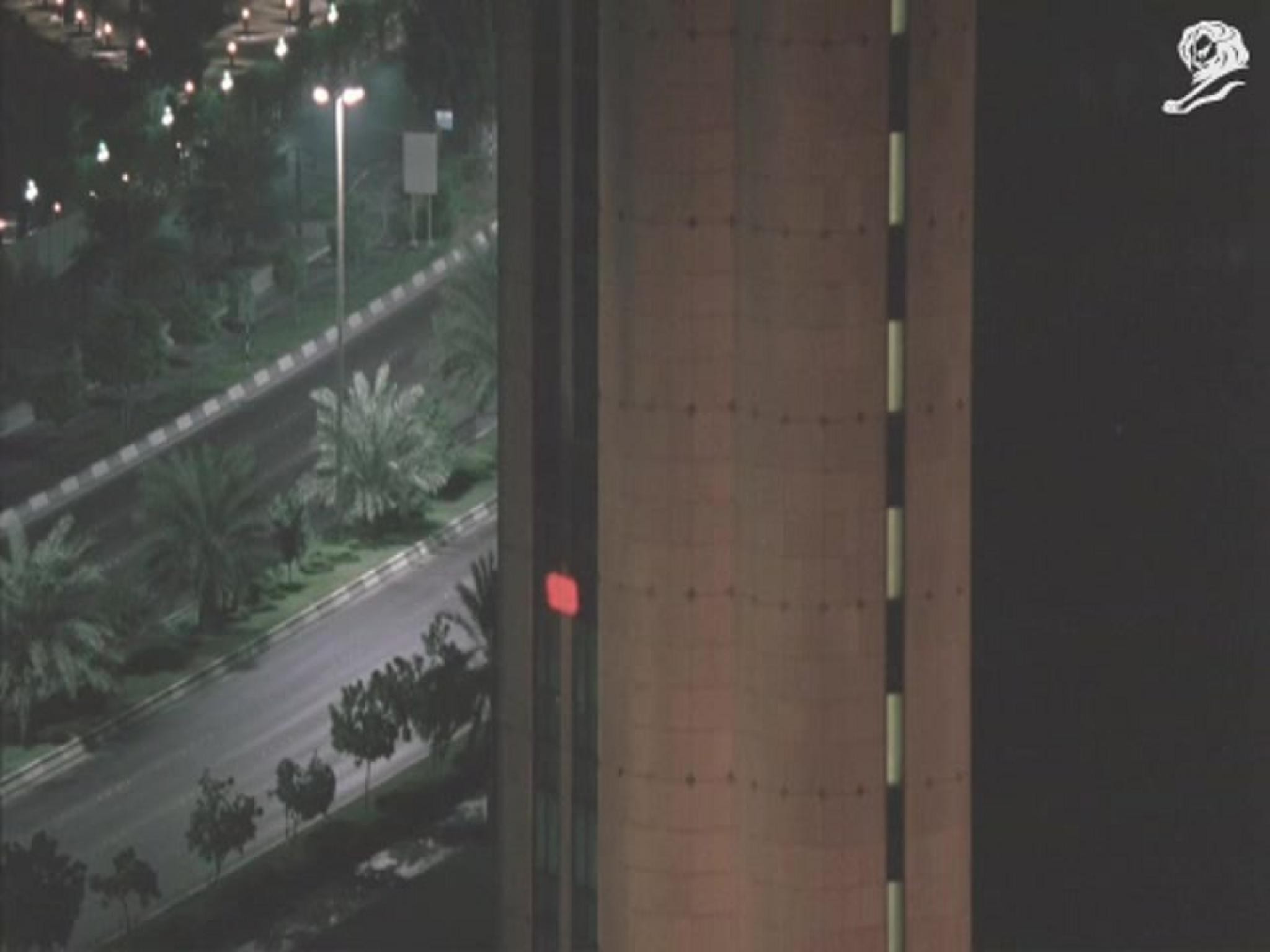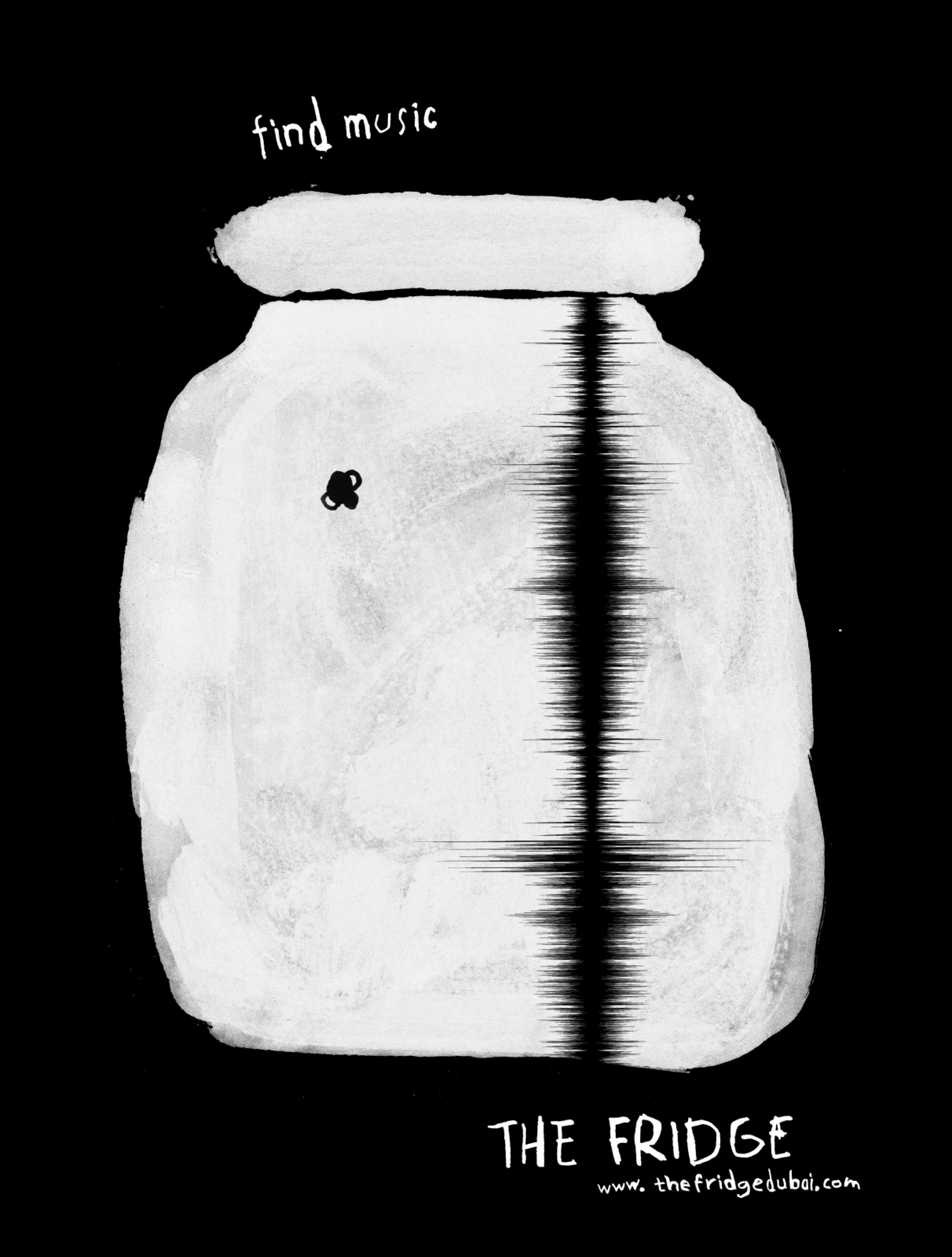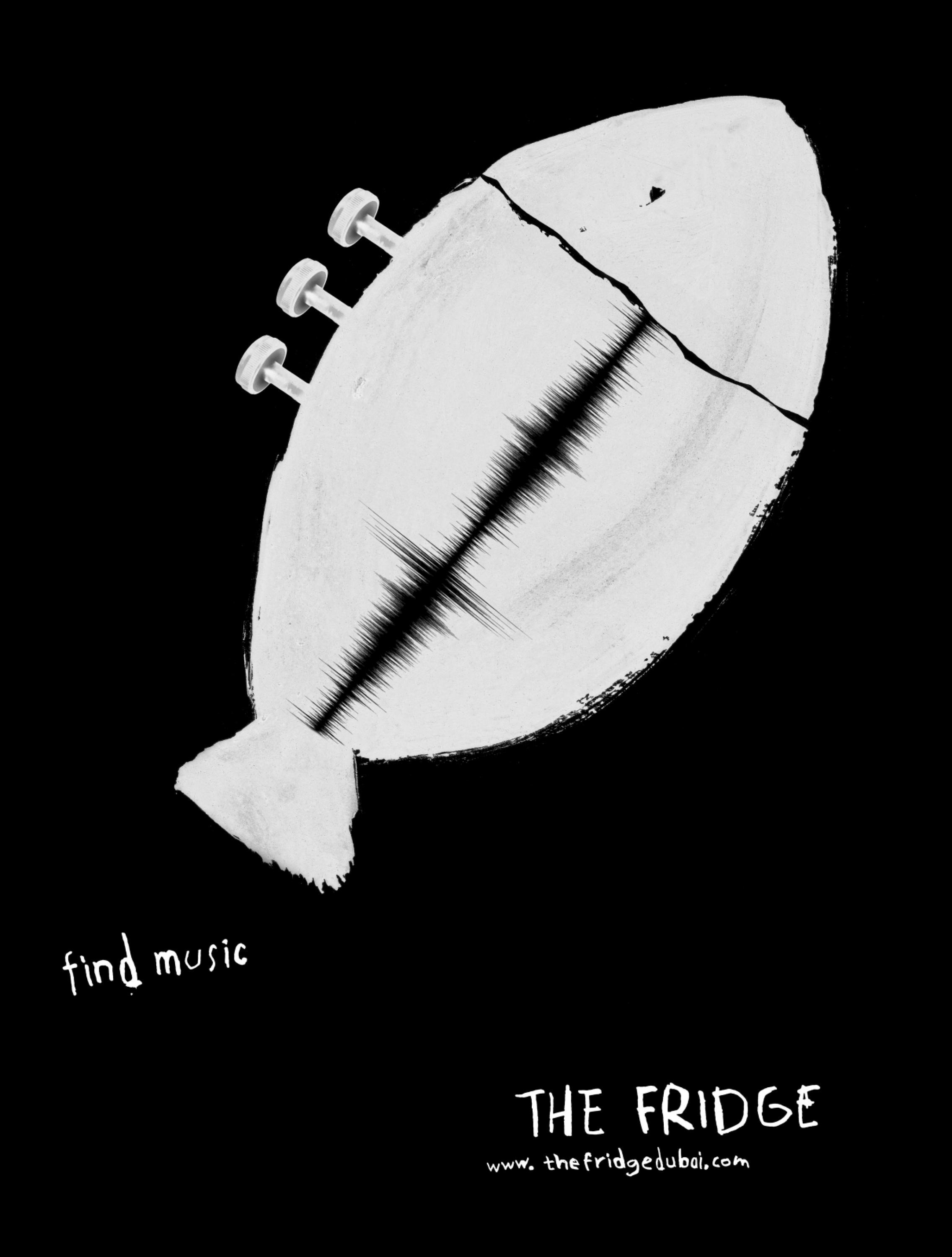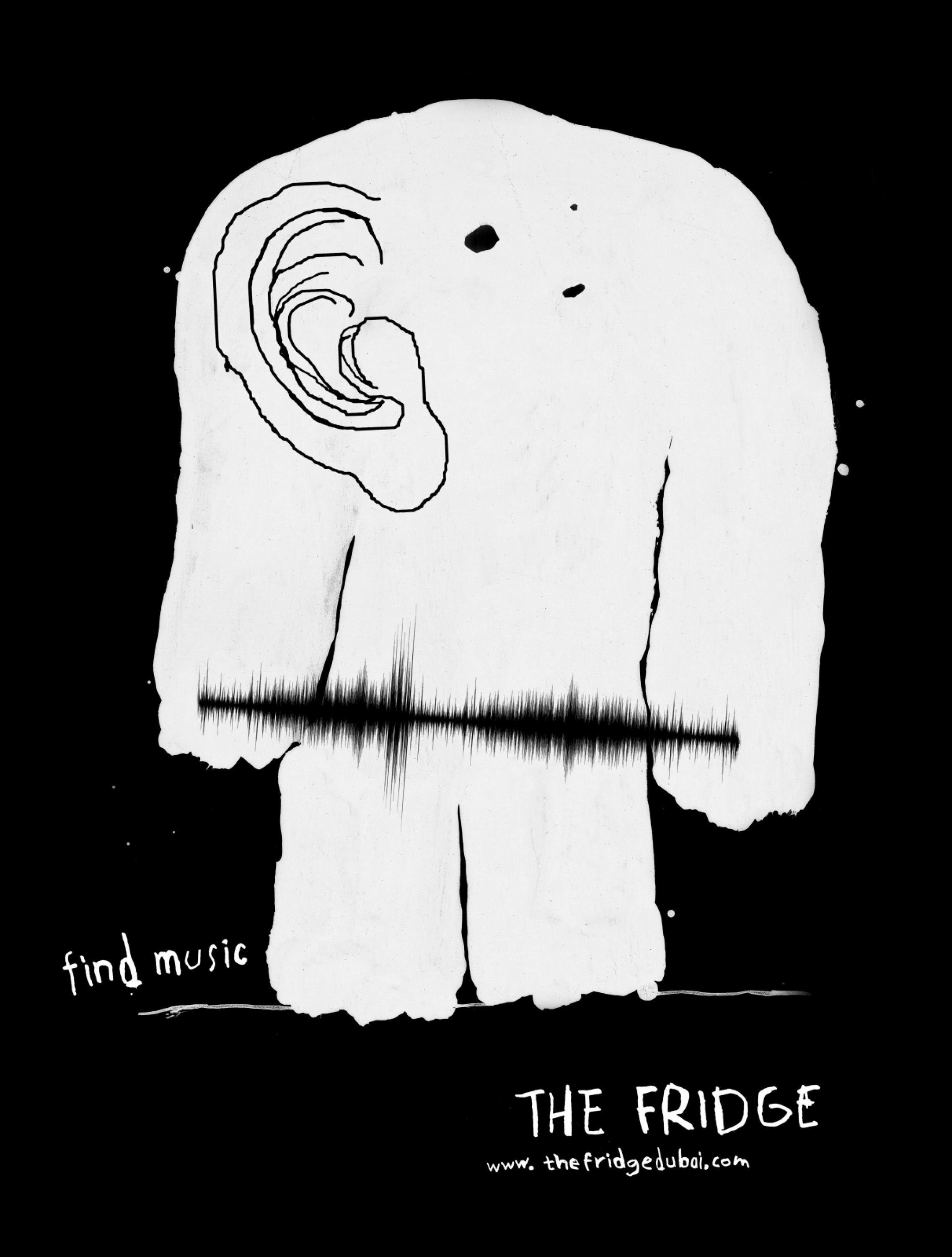Social and Influencer > Culture & Context
ENSA JOURA
TBWA\RAAD, Dubai / MTV LEBANON / 2024
Awards:


Overview
Credits
Overview
Why is this work relevant for Social & Influencer?
“Ensa Joura” was meant as a social first approach from the start, despite its heavy TV presence. The content was meant to be widely shared and the outcome was clear: it became a trend that sparked outrage, debate and memes.
What was unexpected however was the cast actor becoming an unexpected contact point for the Lebanese looking to get their roads fixes, catapulting him from the role of actor to social worker overnight, and giving him celebrity status as “the pothole guy”, even among remote municipalities and villages” that recognised him and reached out in hopes of a safer road.
Please note that the Jurors for Dubai Lynx will be coming from outside the region and may not be aware of the specific cultural nuances of your work.
Lebanon has become synonymous with governmental neglect. Not only in recent years, but over the last 3 decades. Economic collapse, crumbling infrastructure, and an overall feeling of desperation have become the norm.
This neglect is most prominently visible on Lebanon’s roads. Pothole, after pothole, after pothole. When the rain comes, some could be categorised as a geographical body of water, due to the sheer size and depth.
While this is somewhat exaggerated, potholes were a main cause of road accidents across the country.
Another thing to note is that Lebanon is unofficially ruled under a sectarian system that is based on political leaders supposedly representing communities, and are responsible for the areas where these communities dwell.
How is that linked to potholes? It’s simple: fixing potholes is great election time currency. Every election cycle, a strategic area chosen by each politician is freshly paved, leading to the belief that they have their people’s interest in mind. In return, they receive votes.
The rest of the country’s roads? Unchanged with new potholes appearing, and others becoming years old. To the extent that the locals would use them as landmarks for directions.
Background
Accidents, damaged cars, and threat to life are all a result of potholes that fill the streets. Road accidents, mainly due to potholes, have taken the lives of 45 people in a single month, and added costs to an already battered economy to the amount of 1.5% of its yearly GDP, up to $1 billion.
And yet the government, and ruling parties turned a blind eye. Election season was far, and there was no reason to act.
But tourism season was around the corner, and politicians loved foreigners and the money they brought into the country.
So if people’s cries were not enough to move them, shaming them in front of tourists might.
With the government’s inaction, MTV Lebanon – a prominent local station – took it upon themselves not just to raise awareness on the spread of potholes, but also pressure the country’s government to do something about it.
Describe the creative idea
“Ensa Joura” or “forget potholes” came to showcase the pothole problem from an outsider’s point of view: the masses of incoming tourists.
It was a tongue in cheek approach to shed light on the sad state of Lebanon’s roads. In the video, a fictional car rental salesman takes it upon himself to train unexpecting tourists how to avoid potholes “the lebanese way”, using a prominent local cue, to drive the point home.
Additionally, tutorial videos were made to “educate” tourists on the must-knows before driving in Lebanon, the “reverse whistle”: a surprised reactions most lebanese drivers make just as they’re swerving to avoid a pothole.
But with the continued inaction of the government, MTV decided to take it a step further in showcasing neglect: it did the government’s job itself. As this was not part of the initial creative idea, it will be further detailed in the “execution” section.
Describe the strategy
Ultimately, our audience was the government, reached through the awareness the content was intended to raise among the general public. As such, every Lebanese person became our target.
Our approach was simple: politicians needed tourists more than ever to keep the economy afloat. But the last thing a tourist wants (just as much as any local) is dangerous potholes everywhere.
So since they cared about them more than their own citizens, we had to show our politicians what a tourist will go through when they come to rent a car in Lebanon.
For the public itself, it would be eye opening (and funny) to see their own daily experiences from the perspectives of an outsider.
What we hoped for, ultimately, is to shame them into action. After all, nothing puts the Lebanese into action more than “jarastouna edem l ajeneb” (you shamed us in front of the foreigners).
Describe the execution
Whether we intended it or not, this campaign happened in two phases.
The first was our video intended to raise awareness among the public and drive the government to act. The video went live on MTV and their social media pages, and was further shared by people who same their tragic situation in its humour.
Sadly, our intentions of getting the government to act did not come to life (we were optimistic, but unsurprised).
Enough was enough, we got our own pothole repair machine and went to work, 200 potholes a day, day after day, and sharing the results on our channels for everyone to see.
As an extra playful gesture, we changed the names of some villages to exclude the word "Joura" (hole), now that their roads have been fixed, no thanks to the government’s efforts. It was just a big of extra shade thrown from our part.
List the results
Our ambitious fool’s errand paid off.
The campaign sparked a trend, with many memes creating expressing people’s dealings with everyday Lebanese issues using the whistle.
Most unexpectedly, our cast started getting DMs asking for potholes to be fixed, sparking a reaction video to explain he was just an actor.
Our repair efforts saved the public more than $40,000,000, lowering pothole-related accidents by 26%.
Seeing the initiative celebrated by the public, UNDP joined forces and secured funds to fix an additional 4000 potholes. At the same time, the private sector and foreign embassies reached out to fund the initiative further. IPT, a prominent oil and gas solution provider company, signed a partnership to fund the repair of an additional 1000 potholes and created a hotline for the public to report the locations of those potholes.
Ultimately, we would like the days of the reverse whistle to be over.
Please tell us how the brand purpose inspired the work
Initially intended to be a simple awareness campaign, “Ensa Joura” turned into an infrastructure project aimed at “paving” the way for safer roads across lebanon in a matter of weeks.
The initial approach, expectedly and unsurprisingly, failed to drive the government into action.
But due to the resonance it had among the Lebanese, it pushed MTV into a wider project, one that invested hundreds of thousands and took matter into its own hands in hopes of solidifying the campaign's impact and brand purpose: to pave the way for a Lebanon where potholes are a punchline, not a daily peril.
More Entries from TBWA\RAAD
24 items










